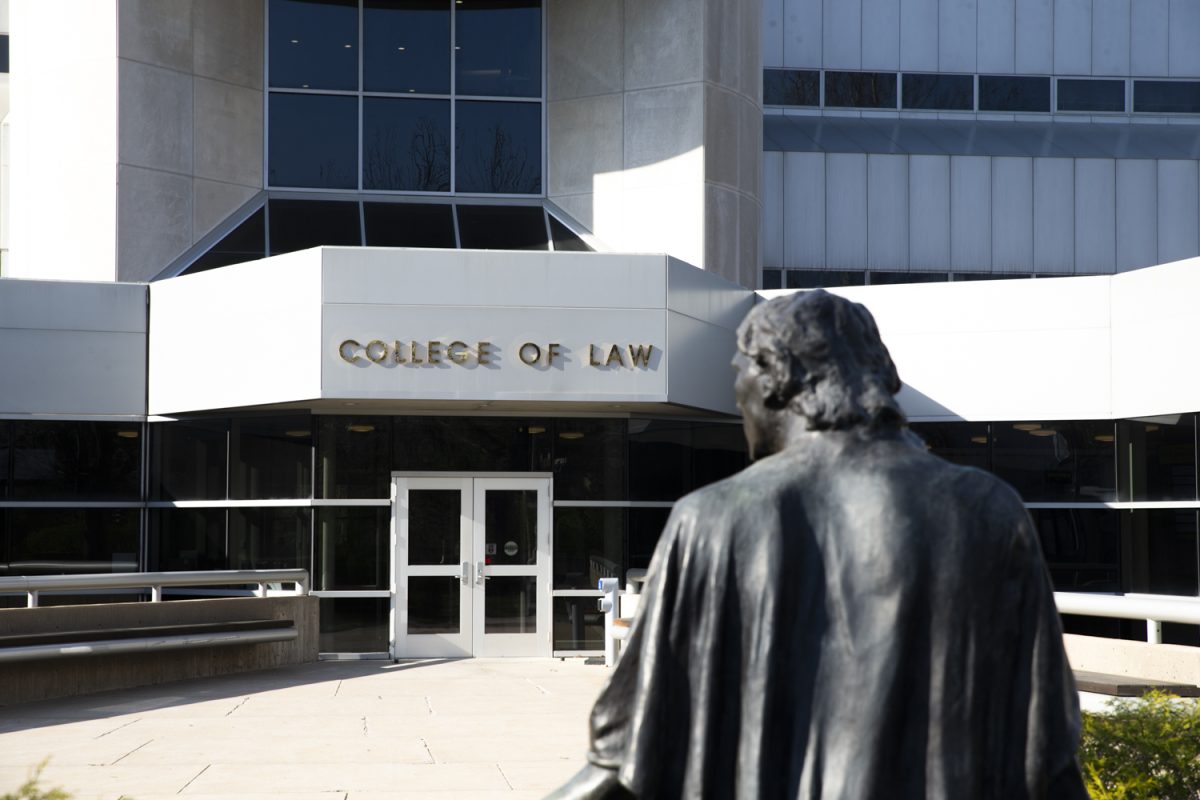Some medical research is haunted by a specter — a ghostwriter.
Ghostwriters are hired to write works that are published under another name — such as in the legions of celebrity autobiographies on bookstore shelves. But ghostwriting can take a more serious turn when applied to medical research appearing in professional journals.
UI officials enacted policies in July prohibiting ghostwriting, which is grouped under the broader Conflict of Interest policies, said Deborah Thoman, the UI Hospitals and Clinics assistant vice president for compliance and accreditation. A committee is working on identifying ways in which the policy can be enforced.
“Monitoring sometimes is difficult, because it depends upon people’s ability to be honest and forthright,” Thoman said.
However, she said, the UI plans to monitor the websites of drug companies, which publish money paid to professors. If a UI professor’s name shows up on the website but the payment is not disclosed to university officials, the professor will receive a warning letter. In some instances, professors are paid to sign their name on an article, said UI obstetrics Professor Jennifer Niebyl.
Other consequences are possible, but she said plans are not completed.
Sen. Charles Grassley, R-Iowa, is investigating ghostwriting policies at the top-10 medical schools, and within the last month, he has sent letters seeking explanations of their policies. Grassley has also asked drug companies and medical journals their policies on the practice.
The ghostwriting criticized by Grassley involves drug companies paying researchers to study and report on products and then publish the information under the name of a prestigious researcher. As part of the national health-care bill under consideration by the U.S. Senate, drug companies would be required to report all money paid to physicians, said Jill Kozeny, Grassley’s communications director.
Practicing physicians make decisions based on information from these journals, she said.
In a study published in the Journal of the American Medical Association, roughly 11 percent of almost 500 research articles studied appeared to be written by ghost authors.
Despite the difficulty in policing the policy, UI Health Care received an A from the American Medical Student Association PharmFree Scorecard, Jennifer Brown, an associate editor for UI Strategic Communications, wrote in an e-mail.
The association reviewed 149 medical schools across the nation. Only 10 other schools received As.
Articles sponsored by drug companies might contain biased information, Niebyl said. Having an undisclosed corporate ghostwriter floating behind the scenes to direct the pen can be a problem.
“You can take it with a grain of salt if you see it was written by the pharmacies,” she said.
“They want to know the physician’s first priority is them, not the money they are getting from someplace else,” Thoman said.






